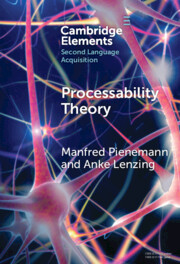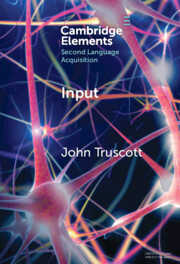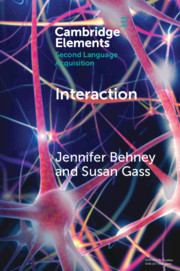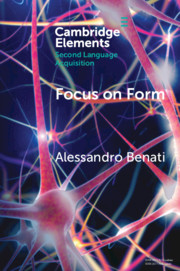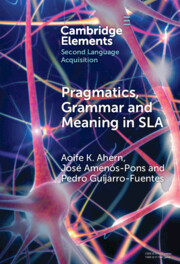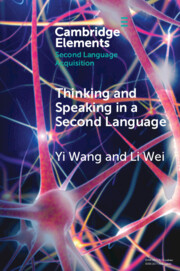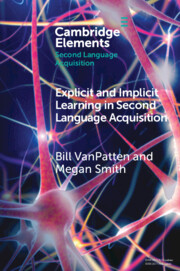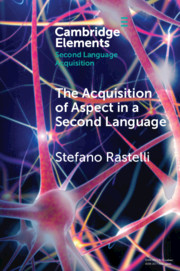About this Cambridge Elements series
Cambridge Elements in Second Language Acquisition is a series which showcases a high-quality set of updatable, concise works that address how learners come to internalize the linguistic system of another language and how they make use of that linguistic system. The rapid development of second language acquisition (SLA) over the last several decades has molded an interdisciplinary field largely informed by education, linguistics, psychology, neurology, among other disciplines. Consequently, SLA draws on a wide-range of theoretical views, hypotheses, and frameworks about the way in which second language learners create and develop new language systems.
Areas of SLA research and theories range from rationalist and linguistic to cognitive, psycholinguistic, and social, with the intent of studying some of the key issues, processes, and mechanisms involved in the acquisition of languages. From a rationalist perspective of SLA, humans have an innate capacity for the development of language and are genetically programmed to develop their linguistic systems in certain ways. A perspective of SLA from linguistics focuses on the language dimension and the linguistic system underlying second language grammars and their construction. Cognitive perspectives are interested in knowing how the human brain processes and generates new information. Psycholinguistic views of SLA seek to understand how L2 learners process information, organize their knowledge, and subsequently use that knowledge. From a sociolinguistic perspective, variation and changes in the learner’s L2 linguistic knowledge are caused by a number of explorable social phenomena.
